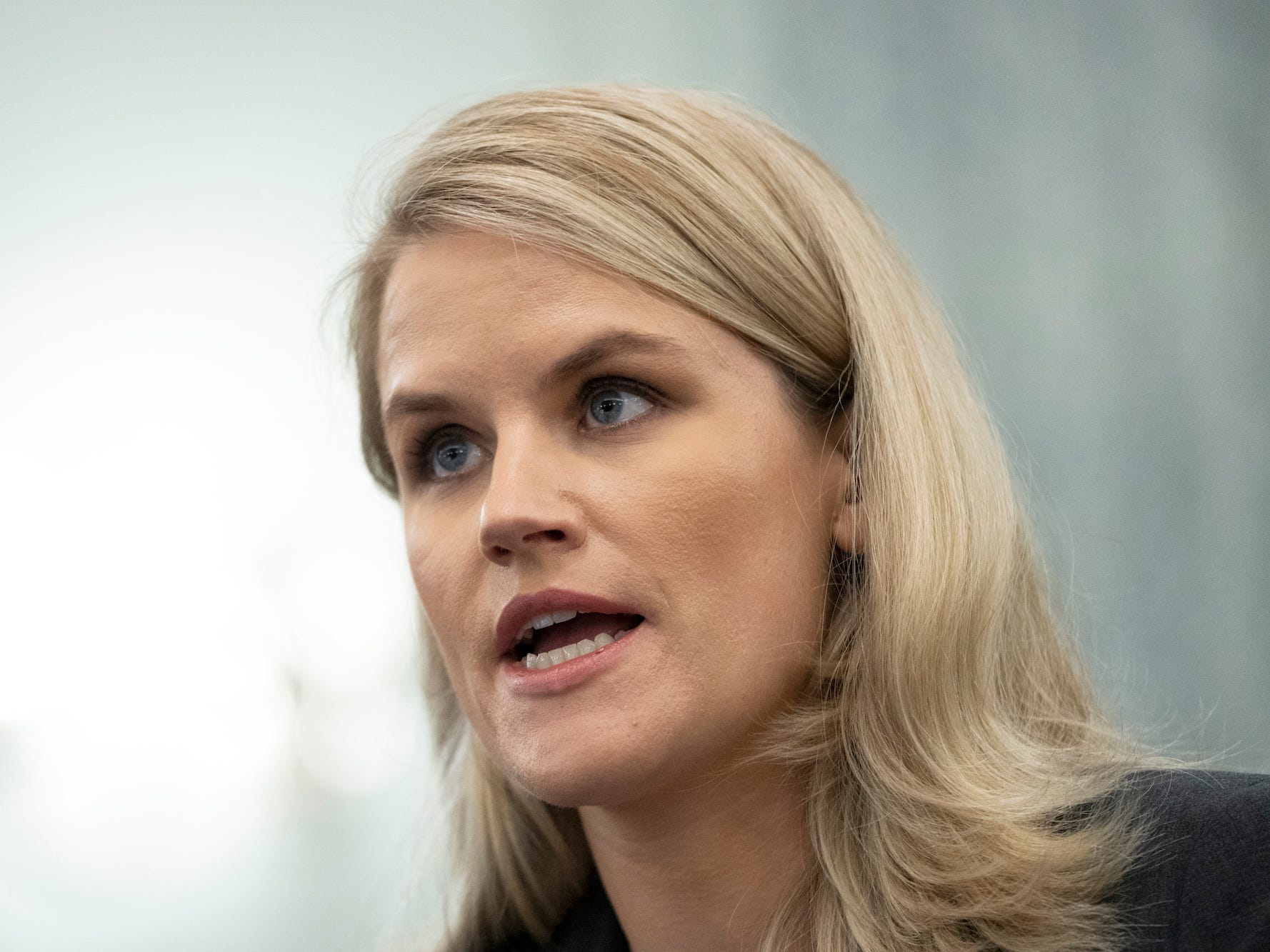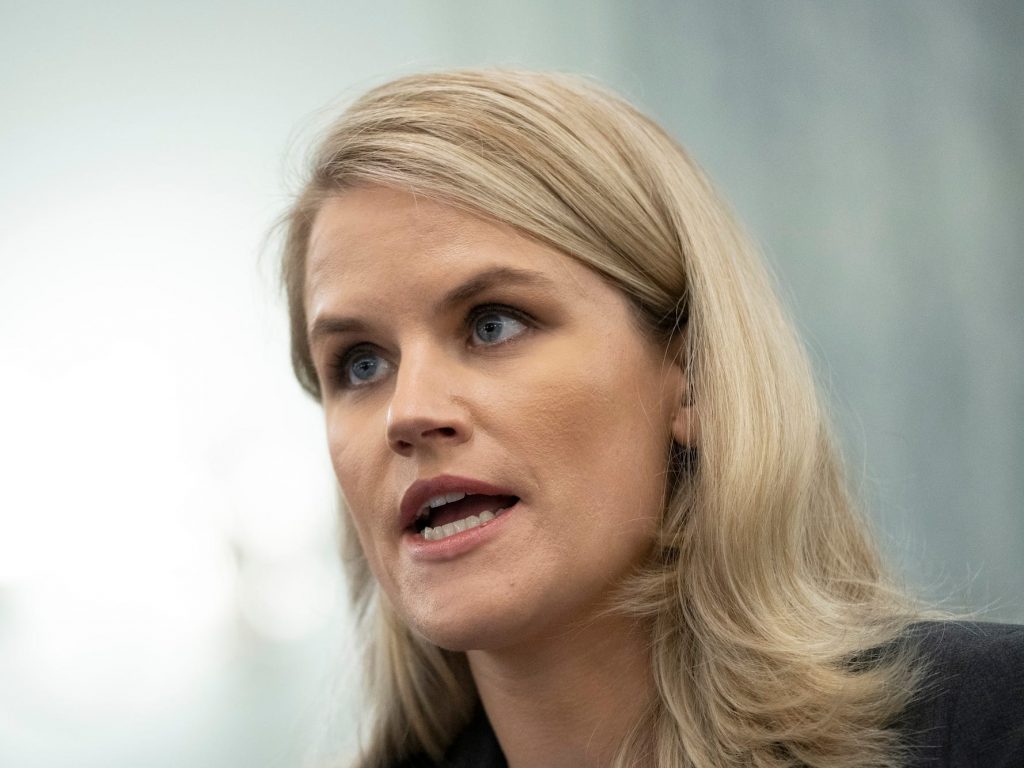
Drew Angerer/Getty Images
- On Tuesday, there was a Big Tech congressional hearing void of tedious political gestures.
- Republicans largely avoided complaining about censorship as they have in other hearings.
- Instead, whistleblower Frances Haugen stayed focused on the potential harm posed by algorithms.
- See more stories on Insider's business page.
Congress held a hearing Tuesday centered around a big tech company – and it didn't devolve into political theater.
That's a major shift from legislators' track record of hearings involving tech platforms in recent years.
Republican lawmakers typically use their talking time to question witnesses over what they say is tech's crusade to silence conservatives by removing their posts. Democrats often make a point to apologize to witnesses for their colleagues' behavior before lambasting the companies over not doing enough to remove more posts containing hate speech and lies.
But the whistleblower hearing was void of that usual political tug-of-war, and former Facebook employee Frances Haugen kept two things center stage in her answers: artificial intelligence and algorithms. And lawmakers on both sides of the aisle had productive, relevant questions prepared for her.
Facebook uses computers to help decide what kinds of content to show users. The platform looks at what posts they engage with the most and uses those findings to surface similar content in News Feed that people are likely to also engage with. The goal is to keep people on the platform, putting more ad dollars in Facebook's pockets.
But the pitfalls of such computer-driven platforms is that the most engaged with content is usually angry, divisive, sensationalistic posts that contain misinformation, Haugen said, and using machines to elevate it to more people is dangerous.
"If we had appropriate oversight or reformed 230 to hold Facebook responsible, I think we could get rid of engagement-based ranking," Haugen said Tuesday, referring to the industry term for algorithms that choose content for you.
Facebook's way of surveilling post engagement can be traced back to a 2018 algorithm change that favored divisive content, which worried employees according to the internal documents that Haugen gave to the Wall Street Journal. Facebook made the change after it found people were spending less time on the platform, the paper reported.
"I strongly encourage reforms that push us human-scale social media and not computer-driven social media," Haugen said. "Those amplification harms are caused by computers choosing what's important to us, not friends and family."
Tuesday's hearing may have given us fewer politics, but it wasn't completely without. Just one Republican senator brought up alleged censorship, and Haugen wasn't swayed.

Drew Angerer/Getty Images
Sen. Ted Cruz of Texas asked Haugen if she's concerned about Facebook and tech's "pattern of engaging in political censorship," which NYU researchers disproved in a report earlier this year.
In response, she simply stayed focused on how algorithms amplify misinformation.
Haugen said the "mechanisms of amplification" need to be changed, perhaps by organizing News Feed content in order of the time that it is posted.
"We don't want computers deciding what we focus on," Haugen said in response to Sen. Cruz's question. "We should have software that is human-scaled, where humans have conversations together, not computers facilitating who we get to hear from."

